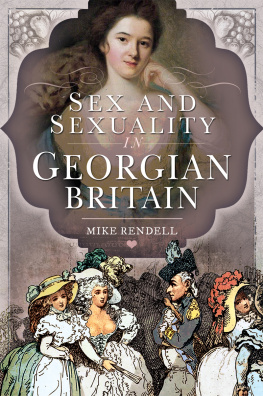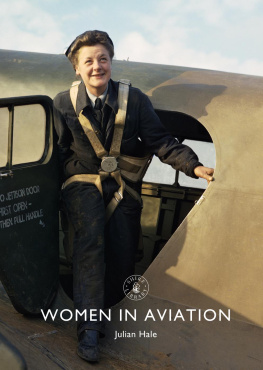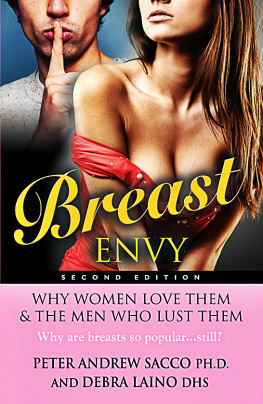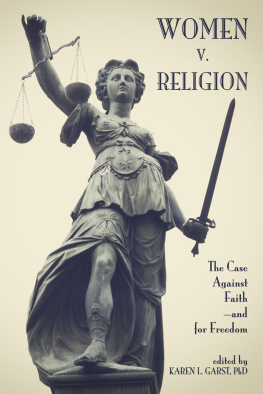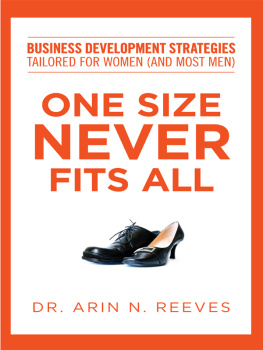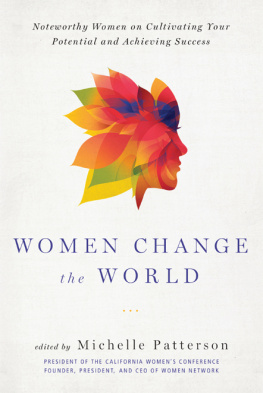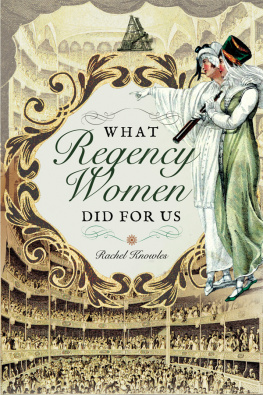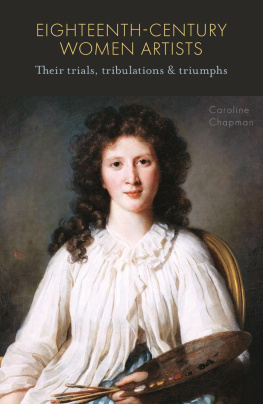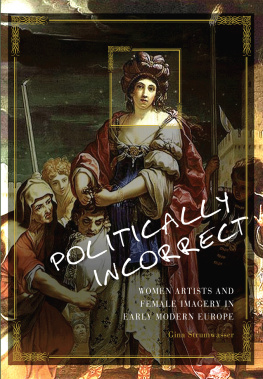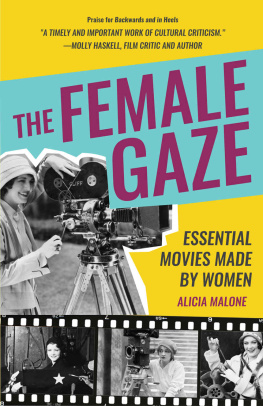Trailblazing Women of the Georgian Era
History is a commentary on the various and continuing incapabilities of men. What is history? History is women following behind with the bucket.
Mrs Lintott (Totty) in The History Boys , by Alan Bennett.
Dedicated to my best friend, my great supporter, and my ever-patient wife, Philippa.
First published in Great Britain in 2018 by
Pen & Sword History
an imprint of
Pen & Sword Books Ltd
47 Church Street
Barnsley
South Yorkshire
S70 2AS
Copyright Mike Rendell, 2018
ISBN 978 1 47388 605 6
eISBN 978 1 47388 607 0
Mobi ISBN 978 1 47388 606 3
The right of Mike Rendell to be identified as the Author of this work has been asserted by him in accordance with the Copyright, Designs and Patents Act 1988.
A CIP catalogue record for this book is available from the British Library.
All rights reserved. No part of this book may be reproduced or transmitted in any form or by any means, electronic or mechanical including photocopying, recording or by any information storage and retrieval system, without permission from the Publisher in writing.
Pen & Sword Books Ltd incorporates the imprints of Pen & Sword Archaeology, Atlas, Aviation, Battleground, Discovery, Family History, History, Maritime, Military, Naval, Politics, Railways, Select, Transport, True Crime, and Fiction, Frontline Books, Leo Cooper, Praetorian Press, Seaforth Publishing and Wharncliffe.
For a complete list of Pen & Sword titles please contact
PEN & SWORD BOOKS LIMITED
47 Church Street, Barnsley, South Yorkshire, S70 2AS, England
E-mail:
Website: www.pen-and-sword.co.uk
Preface
In the eighteenth century, men had all the power and all the glory. The laws were written by men, for men. All the Members of Parliament, the entire judiciary, all the magistrates and the entire bureaucracy of government were male. A list of the rights of married women would have been a blank page. More and more, a woman was expected to retreat to the domestic arena, to provide a home for her spouse, to rear his children and run his household. Her entire education and upbringing were designed to enable her to secure a husband and to carry out her domestic duties in a genteel manner. There was no need for her to learn mathematics, or foreign languages, or be kept up to date with political and economic developments. Far better that she did not trouble her pretty little head with such matters, and instead consider how best to jug a hare or boil a fowl.
The wonder is that women put up with this straightjacket as long as they did or that any of them chose marriage since it was little short of slavery in the eyes of the law. But a combination of factors meant that women accepted their subservient role at least in the early part of the eighteenth century. It took time for female writers and thinkers to speak out about the injustices in Society, and longer still for men to respond to the pressure for change. After all, Mary Wollstonecrafts paradigm-breaking book The Vindication of the Rights of Woman was published in 1792, whereas the first female MP to take her seat in the House of Commons was Nancy, Viscountess Astor, in 1919.
It would, however, be wrong to assume that the female voice went completely unheard. This voice was drowned out by the cacophony of great male achievements which dominated the Georgian era the birth of Empire, the ascendancy over France, and the industrialisation of the English landscape were seen as male successes. Men like Nelson, Anson, Cook, and Clive became household names. Boulton, Wedgwood, and Watt made their industrial fortunes, and they are the ones we remember. By comparison, female achievements seem pallid and unremarkable, but that is to oversimplify matters. There were achievements, in the face of extraordinary opposition and male obstinacy, and this book intends to look at some of those achievements and ask: why werent there more? How come there were any at all? What held women back? What were the qualities shared by the women who made breakthroughs?
The concept of female inequality is all the more surprising given that England had no fewer than three female monarchs in the space of the preceding two centuries: the oft-despised Queen Mary in 1553; Queen Elizabeth (the ever-popular Good Queen Bess) in 1558; and the much-revered Queen Anne in 1702. Together they accounted for almost exactly a third of the regnal years of the 200-year period up until 1750. You would think that having a female ruler at the helm would have removed a few glass ceilings. Wrong if anything it drew a line underneath their achievements and there was no significant trickling-down of female advancement, or even more importantly, any greater recognition of female capabilities.
When I started writing this book, I wrote: The writer is no feminist, but nor is he an apologist for male bigotry and self-interest. It happened: live with it but on reflection that is unjust. The story of inequality is a reminder of wasted lives caused by lack of opportunity. It is essential that we are awake to the dangers of prejudice and inequality if we are to prevent other groups from wasting their lives, ending up unfulfilled and being treated as second-class citizens. We also need to ensure that the momentum towards equality is maintained. More accurately, I would now choose to write: It happened: and we must all live with the consequences.
The introductory part of the book looks at the how women were treated by the law in the eighteenth century. The main section of the book is devoted to looking at the achievements of some of the women who beat the system, to a greater or lesser degree, because they were willing and able to shift those paradigms which otherwise treated women as mere home-makers and child-rearers. They were the trailblazers, who enabled later women to break down the doors of male prejudice. Of course, there were others, and some may be disappointed that different, more prominent, females have been omitted. These are simply a personal selection not a definitive list.
****
Paradigm: noun, defined by the Oxford English Dictionary as a typical example or pattern of something; a pattern or model.
A paradigm is an unwritten rule that things are done in a particular way, through custom or habit.
The paradigms I have chosen are:
For the Arts and Literature:
Women have neither the creativity nor flair for The Arts, outside the home.
For Science and the Scientific World:
Women have neither the intellect nor education for The Sciences.
For Business and Commerce:



